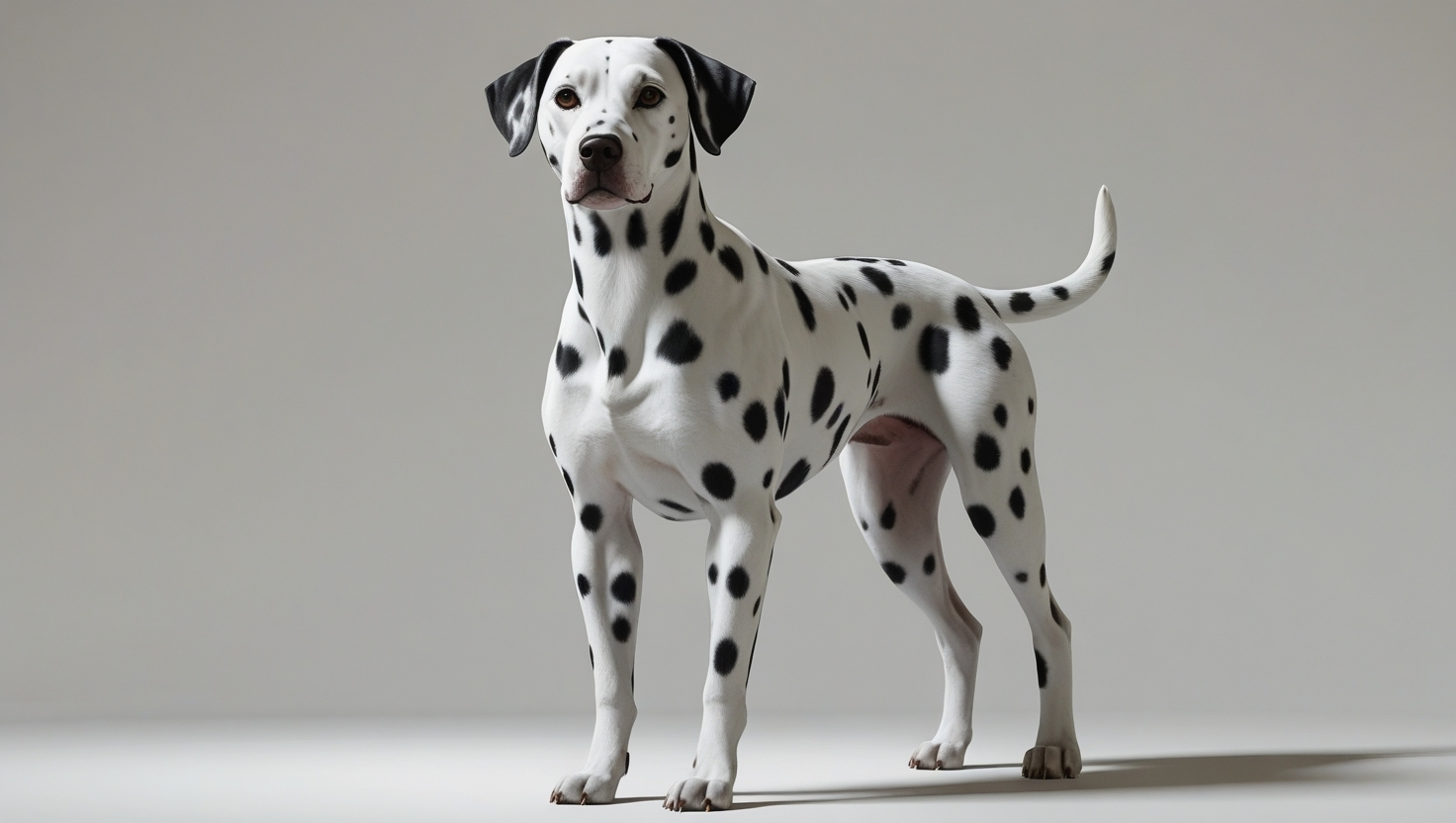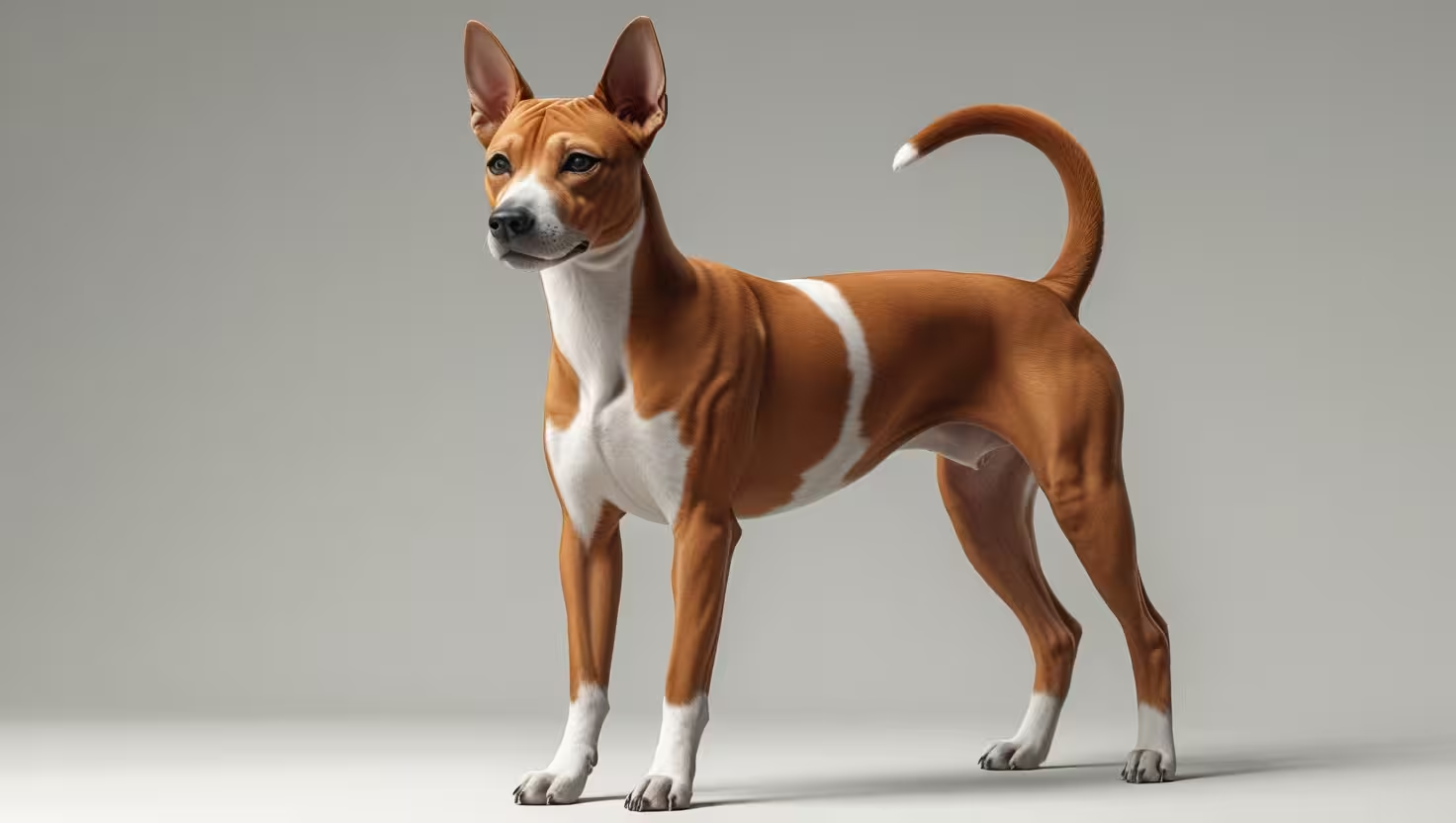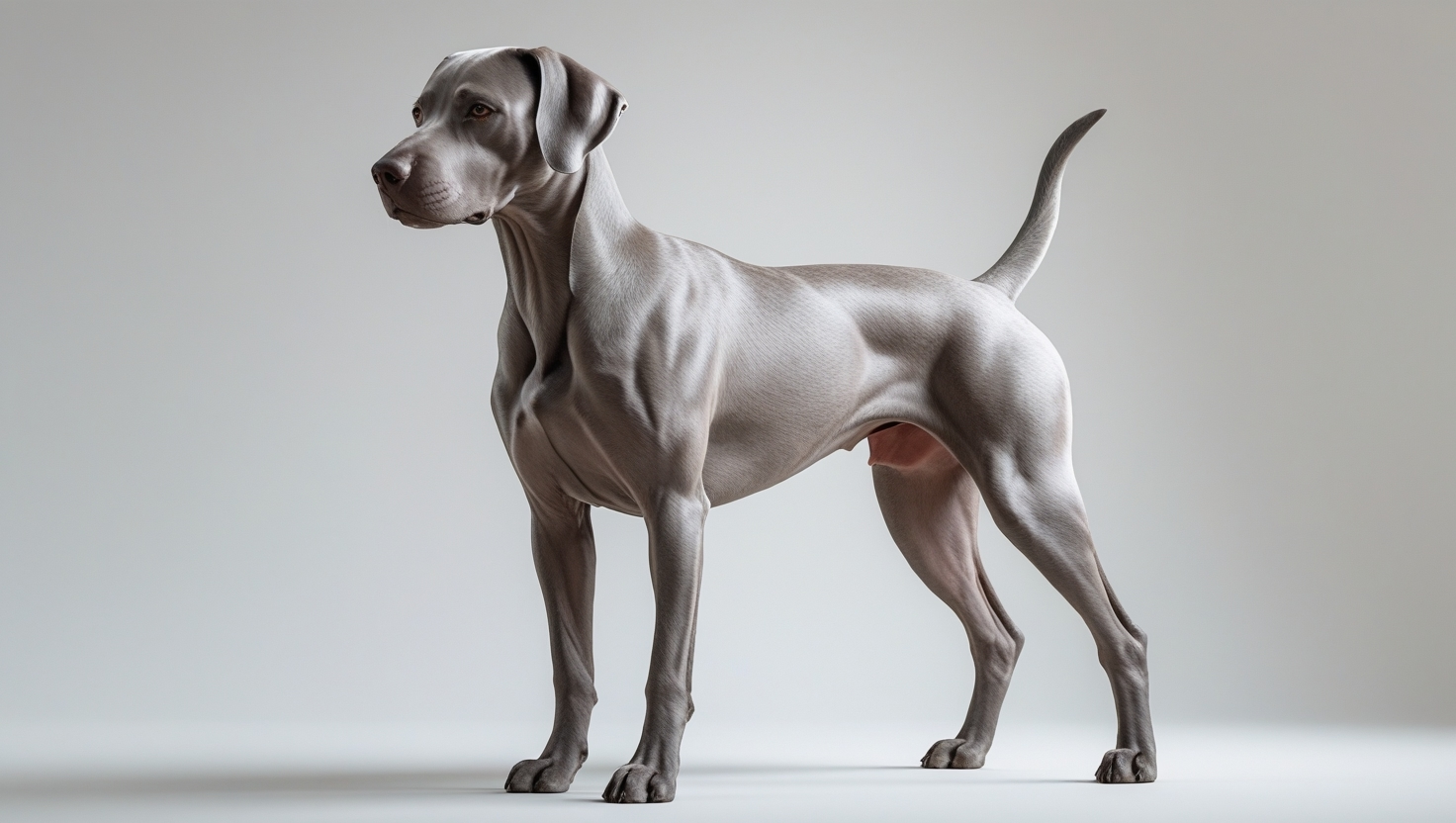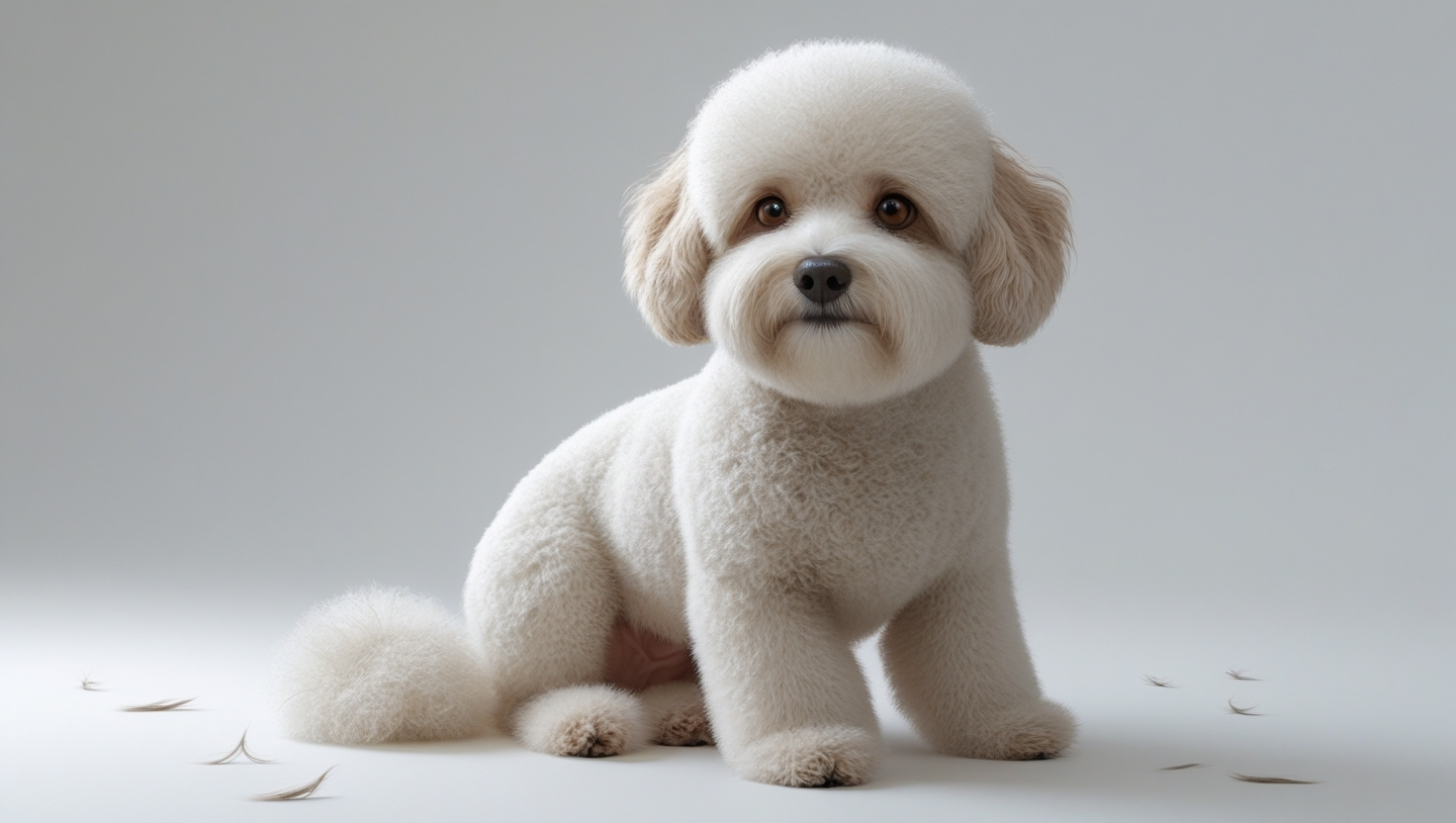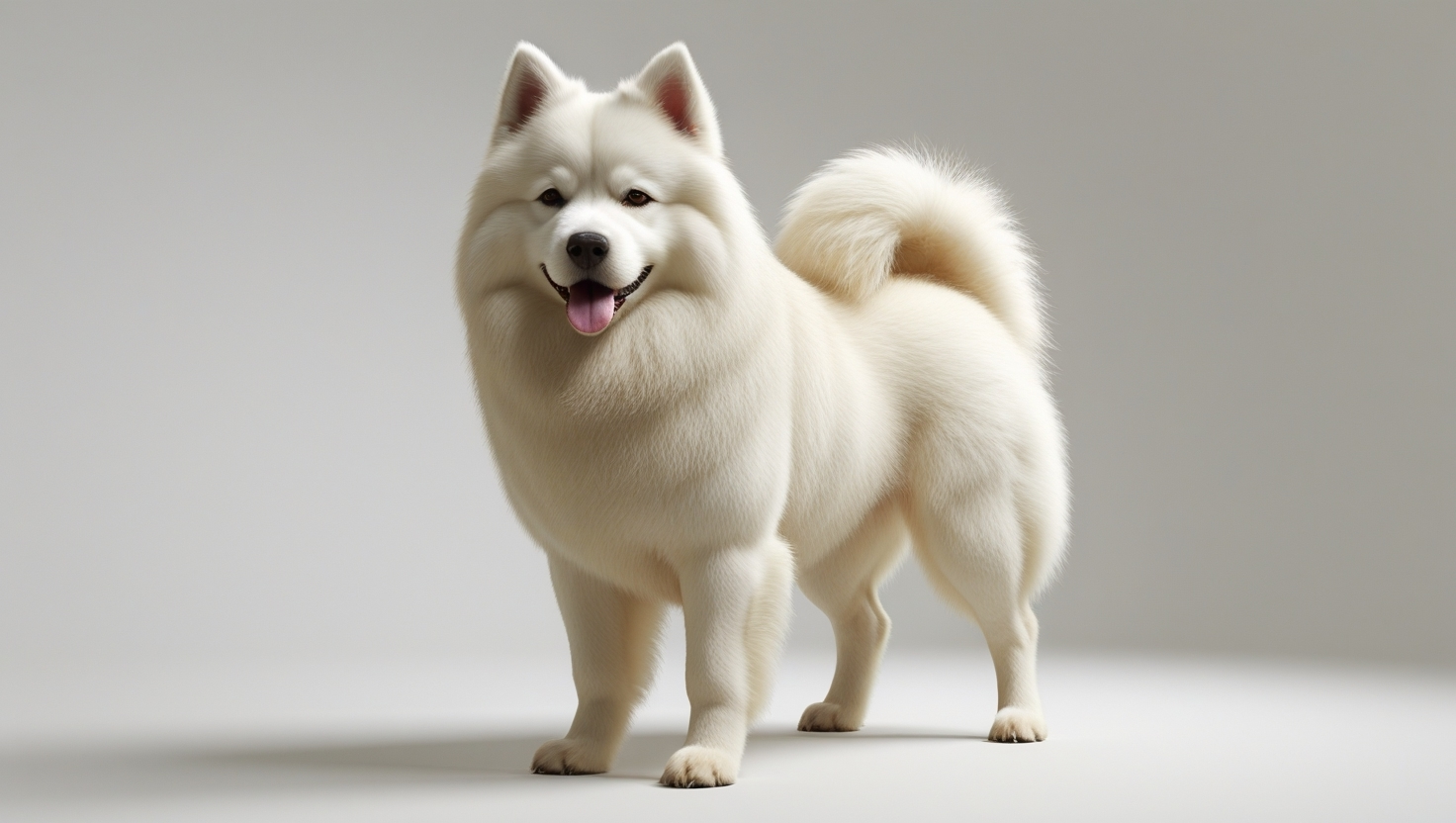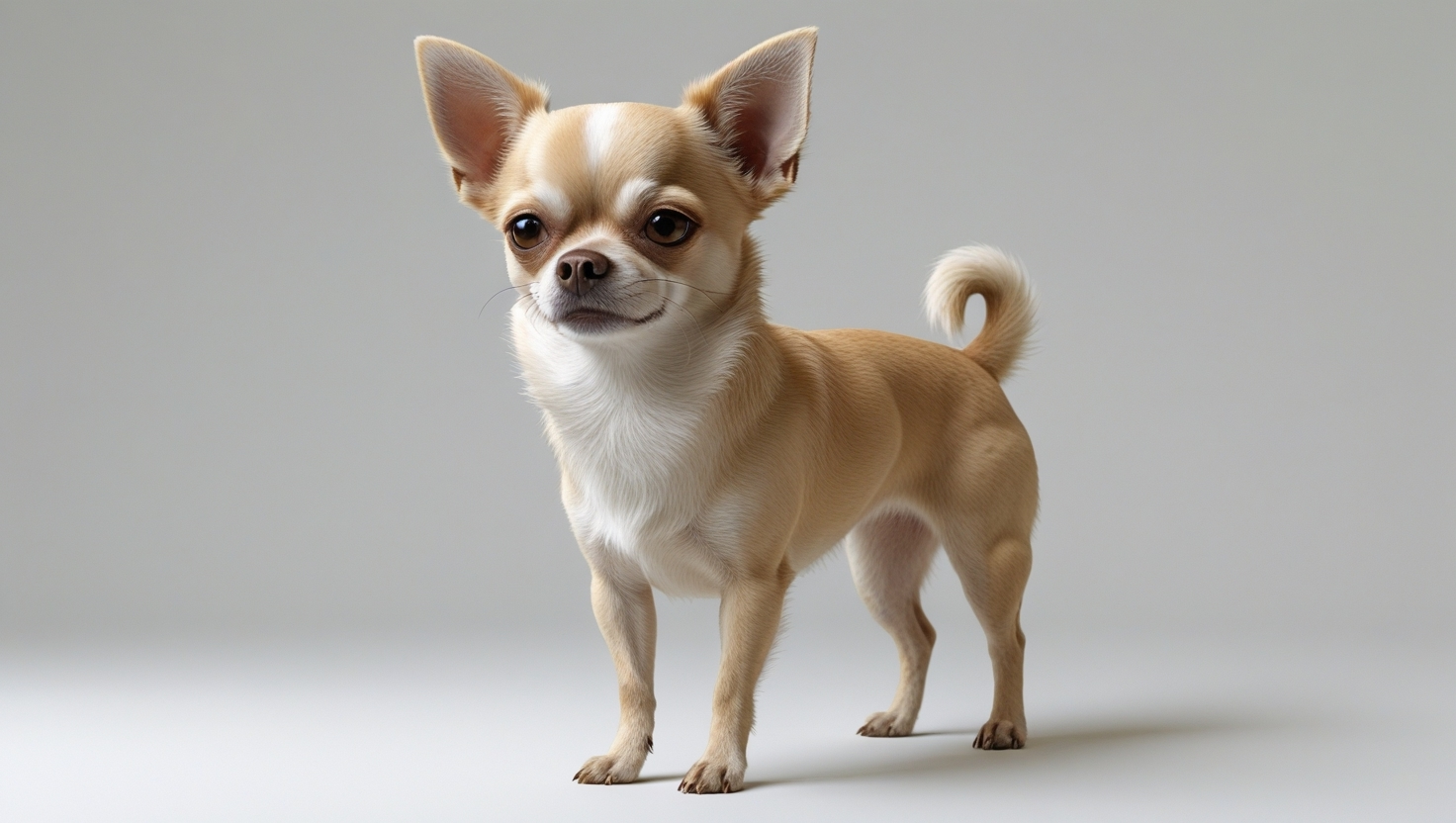Dalmatians are full of peculiarities that make them unique and even more fascinating. Below are some interesting facts and curiosities about these incredible dogs:
- Unique spots: Each Dalmatian has a completely unique pattern of spots, like a personalized work of art. No two are alike, which is one of the breed’s trademarks;
- Athletic history: Originally, Dalmatians were used to accompany carriages, running alongside them to protect horses and their owners. This heritage explains their impressive energy and physical endurance;
- Spotless puppies: A striking curiosity is that puppies are born completely white, without any spots. The first spots start to appear around two weeks of age;
- Sensitive and emotional: Dalmatians are highly sensitive to their environment and their owners’ emotions. They quickly pick up on mood changes and can feel insecure without enough attention, emphasizing the importance of frequent interactions;
- Big eaters: These dogs love food and can be a bit gluttonous. It’s essential to monitor their diet as they can easily gain weight without proper control. A balanced meal plan is crucial to maintain their health;
- Famous in cinema: It’s impossible to talk about Dalmatians without mentioning Disney’s classic 101 Dalmatians. This movie made the breed world-famous and sparked interest in countless people worldwide;
- Deafness tendency: Around 10% of Dalmatians are born deaf in one or both ears due to a genetic trait of the breed. Despite this, they can adapt well using alternative communication methods;
- Protective instinct: Although not typical guard dogs, they have a strong protective instinct toward their family. They’re always alert and ready to warn about anything unusual.

